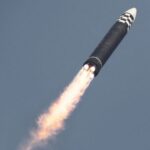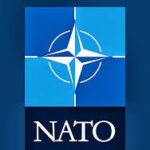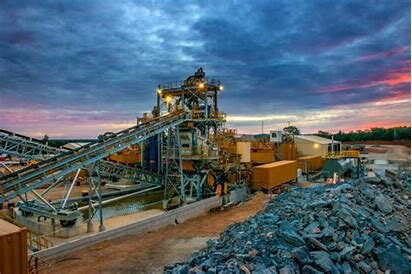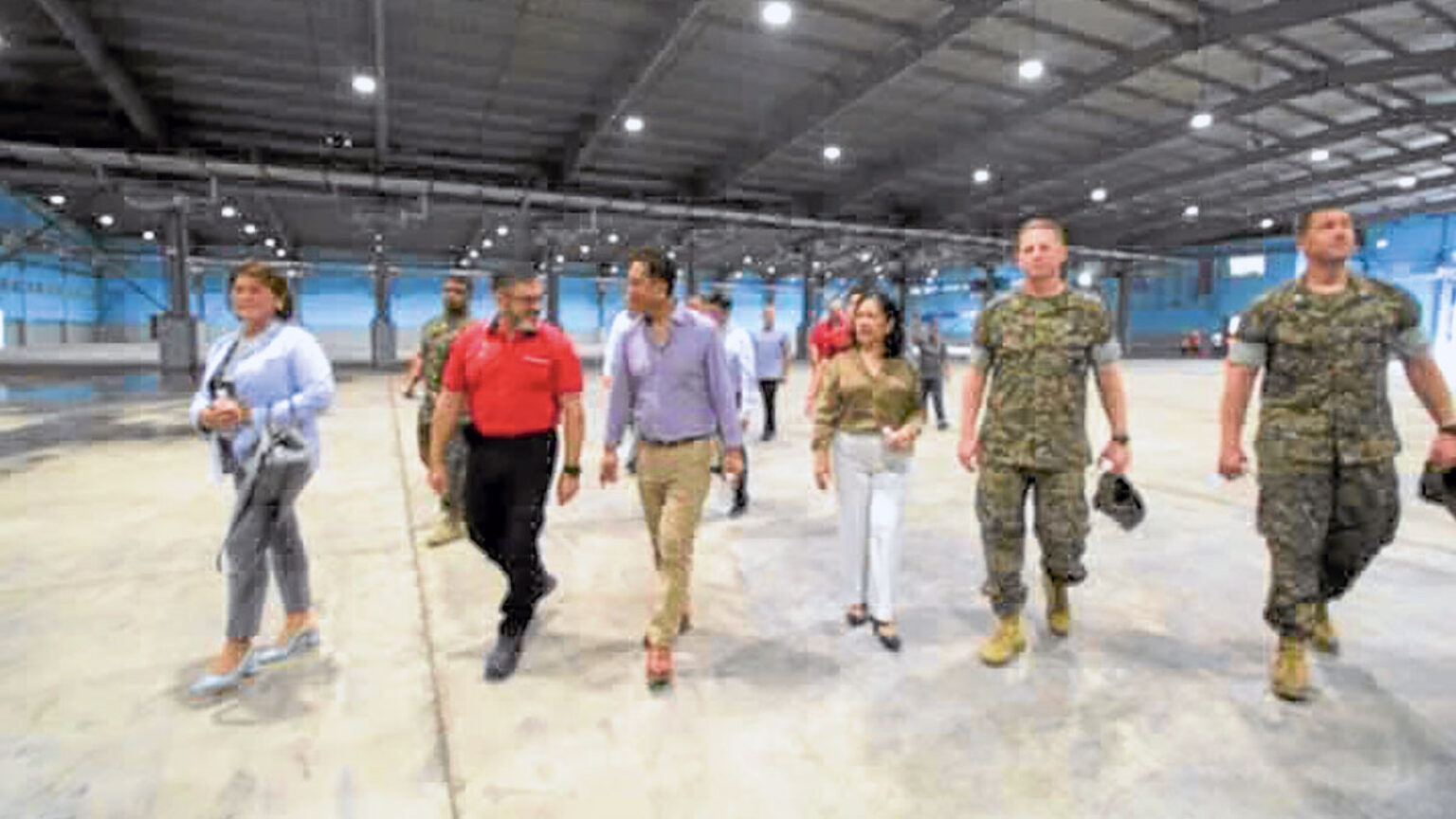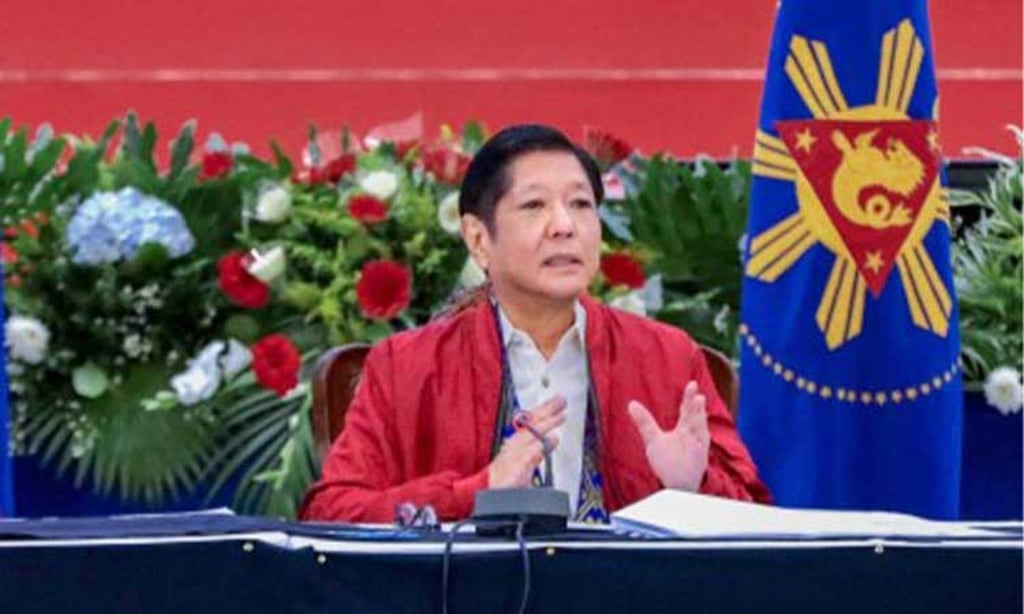By Luke Allen
Military, Political Analyst
lukeallenmanila@journalist.com
In a bold move to boost economic growth and secure a sustainable energy future, the Philippines government has announced plans to open up mining opportunities with a focus on clean energy infrastructure projects. This initiative aims to leverage the country’s rich mineral resources to drive development in refining capabilities, power generation, and nuclear energy, ultimately reducing energy costs and meeting the growing demands of the refining industry.
The government’s push towards expanding mining activities is not only aimed at bolstering the domestic economy but also aligning with global trends towards cleaner energy sources. By tapping into resources such as copper, nickel, and cobalt, the Philippines seeks to play a significant role in the production of key components for renewable energy technologies, electric vehicles, and energy storage systems.
The Philippines possesses nickel reserves estimated to account for a significant portion of global reserves, with some sources suggesting that the Philippines holds around 5-10% of the world’s nickel resources. While the Philippines does have cobalt reserves, they are not as extensive as its nickel reserves. Cobalt is a byproduct of nickel mining, and the Philippines’ cobalt resources are typically associated with nickel deposits. The exact percentage of global cobalt resources held by the Philippines is relatively low. The Philippines also has significant copper reserves, with some estimates suggesting that the country holds around 2% of the world’s copper resources. Copper mining has been a key industry in the Philippines, and the country’s copper reserves are considered substantial globally.
One of the key highlights of this initiative is the integration of nuclear power generation into the country’s energy mix. By exploring nuclear energy as a viable option, the government aims to diversify its energy sources, enhance energy security, and drive down electricity costs in the long term.
Furthermore, the government has emphasized the importance of streamlining permit applications to facilitate a more efficient and investor-friendly process for mining projects. This move is expected to attract foreign investments and drive the growth of the mining sector in the Philippines.
In a bid to support these ambitious plans, the government has secured commitments from international partners such as Australia, Canada, the European Union, and Japan to make significant investments in the country’s mining and energy sectors. These partnerships are poised to bring in expertise, technology, and capital that will contribute to the sustainable development of the industry.
Additionally, the government is set to embark on infrastructure projects aimed at enhancing refining capabilities within the country. By investing in modern refining facilities, the Philippines aims to reduce its dependence on imported refined products and establish itself as a regional hub for mineral processing.
As the Philippine government charts a new course for its mining industry, the integration of clean energy initiatives and infrastructure development holds the promise of not only driving economic growth but also positioning the country as a key player in the global clean energy transition.


